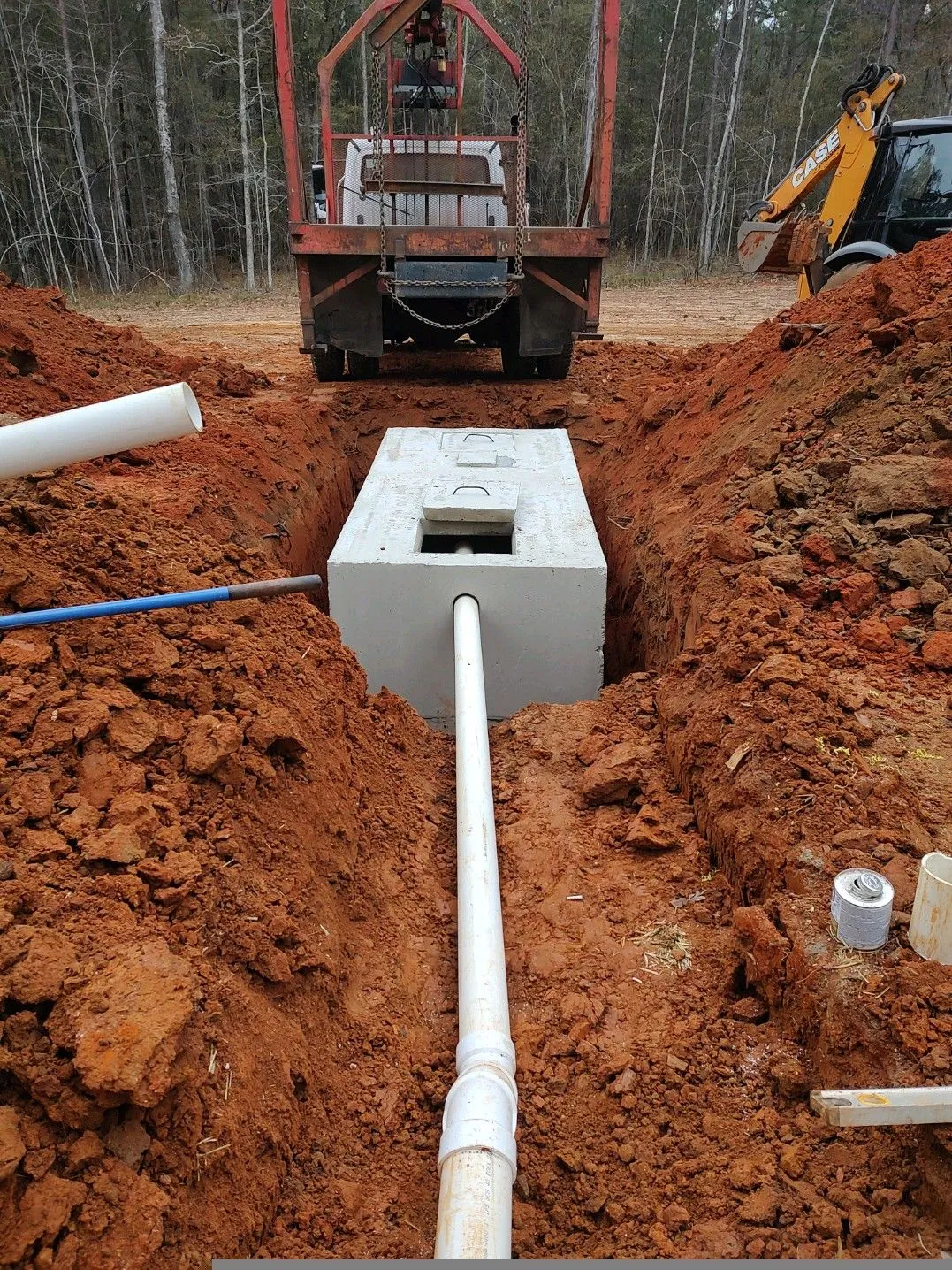
The Connection Between Soil Health and Septic System Efficiency in South Georgia Nov 02, 2025
Septic systems, integral to many homes in rural areas, rely heavily on the surrounding soil to treat and purify wastewater before it enters the groundwater. The properties of your soil can significantly impact the functioning of your septic system. Therefore, improving soil health plays a vital role in maintaining septic system efficiency.
Firstly, soil type is a primary factor in septic system performance. In South Georgia, where clay and sandy soils are common, understanding the soil composition on your property can help determine how well your septic system will perform. Clay soils, known for their poor drainage, can lead to system failure by causing backups or system saturation. On the other hand, sandy soils, while providing excellent drainage, can sometimes allow wastewater to filter too quickly without adequate treatment. Conducting a soil percolation test can inform homeowners about their soil's drainage capacity, allowing them to make informed decisions regarding their septic systems.
Next, maintaining a healthy soil environment is essential for the biological treatment processes of a septic system to function effectively. Healthy soil is teeming with microorganisms that break down the organic matter in wastewater. Promoting soil health by avoiding overuse of chemicals, opting for organic landscaping alternatives, and ensuring proper aeration can enhance these microbial populations, optimizing the treatment process.
Septic system placement is another critical consideration. It’s advisable to place the septic system where soil health is optimal and where it will not be adversely affected by landscaping changes or heavy machinery. Regular maintenance is also an imperative aspect of preserving soil health and septic system functionality. Scheduling regular inspections and pump-outs with South Georgia Septic can prevent overloading your system and preemptively address potential issues.
Furthermore, planting deep-rooted trees and shrubs near the drain field should be avoided. Roots from these plants can penetrate and damage system components, leading to costly repairs and potential system failure. Instead, consider using plants with shallow roots, which pose less risk to your septic system while supporting soil stability.
In conclusion, the relationship between soil health and septic system efficiency is undeniable and crucial, particularly in areas like South Georgia with varied soil types. By understanding and actively managing your property’s soil health through regular maintenance, mindful landscaping practices, and investing in routine septic services, homeowners can significantly enhance the longevity and performance of their septic systems. At South Georgia Septic, we are dedicated to assisting you every step of the way, from soil testing to system maintenance, ensuring that your Septic Services experience is as smooth and efficient as possible. Reach out to us today to schedule a soil evaluation or system inspection and take the first step towards a healthier home environment.
/filters:no_upscale()/media/9ea110d9-8e86-4c63-8848-b19e6ea2c83a.jpg)